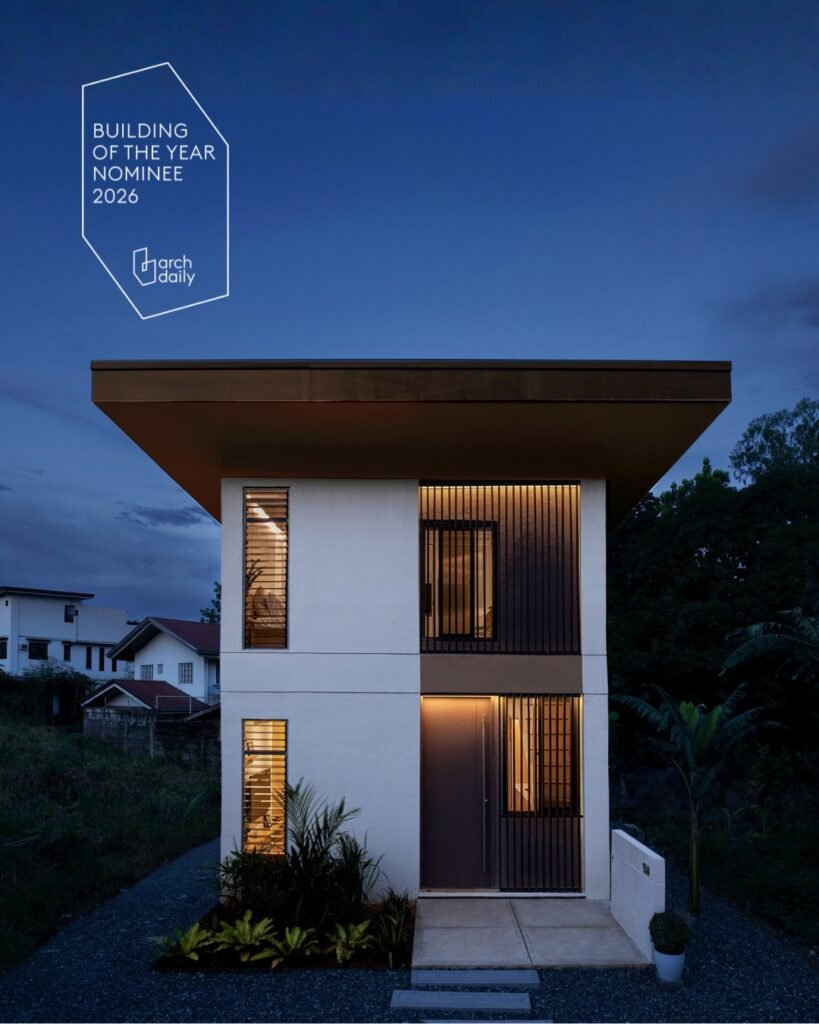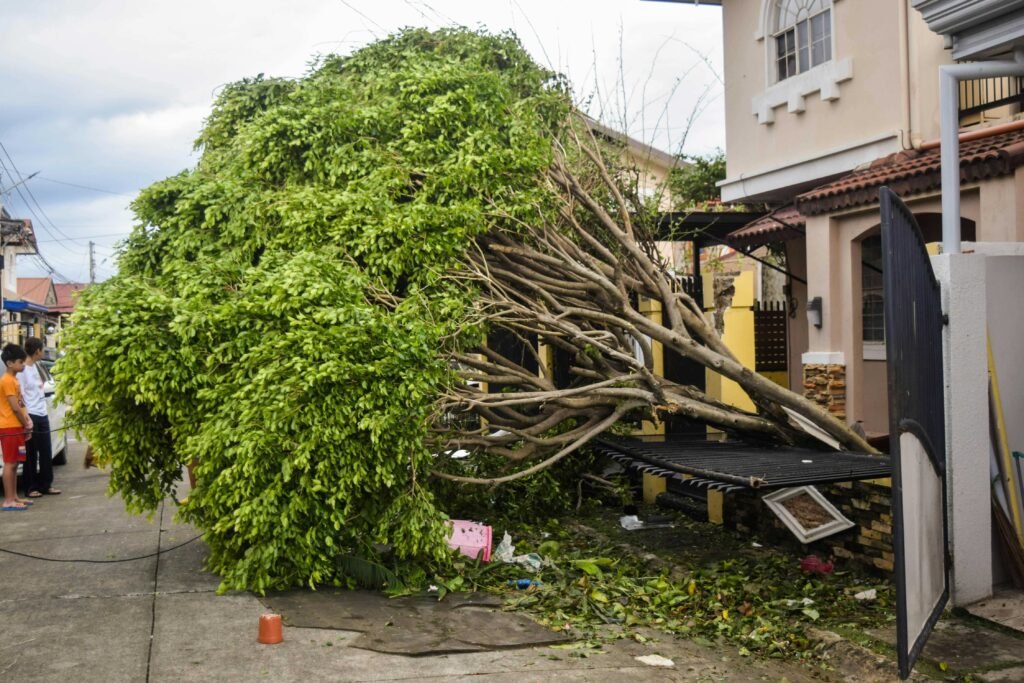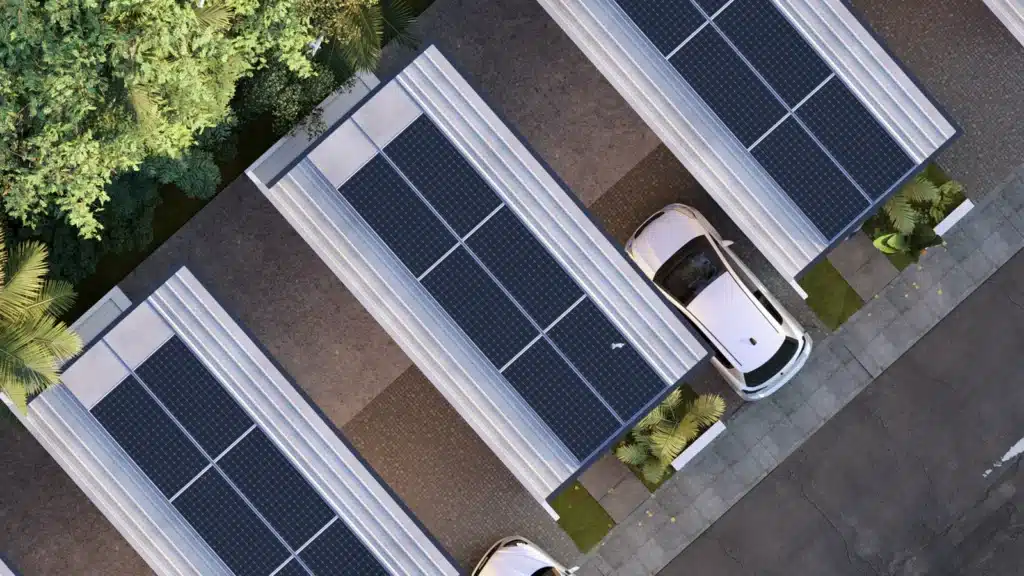Climate change is one of the impacts of global warming. It is having a profound impact on vulnerable communities around the world. From rising sea levels to extreme weather events, the effects of climate change are affecting those who are least equipped to deal with them.
The impacts of climate change can include food and water scarcity, loss of homes and livelihoods, and increased health risks. Vulnerable communities, including low-income populations, indigenous peoples, and marginalized groups, are particularly at risk due to factors such as limited access to resources, lack of infrastructure, and social inequality. It is important to understand the specific challenges faced by vulnerable communities in the face of climate change and to develop strategies for building resilience and reducing vulnerability.
Impacts of Climate Change on Vulnerable Communities
The impacts of climate change are felt worldwide, but the effects are particularly severe for vulnerable communities. Here are some of the ways in which climate change is affecting these communities:
Food and water scarcity
Climate change is causing changes in weather patterns that are leading to droughts and floods, which can damage crops and limit access to clean water. This is particularly problematic for vulnerable communities that rely on agriculture and fishing for their livelihoods. According to the World Health Organization, climate change is projected to increase malnutrition and waterborne diseases, particularly in developing countries.
Increased health risks
Climate change is leading to more extreme weather events, such as heat waves and storms, which can have serious health consequences. Vulnerable communities may be particularly at risk due to factors such as poor housing conditions, limited access to healthcare, and underlying health conditions. The American Public Health Association notes that climate change is a threat to public health, particularly for vulnerable populations.
Loss of homes and livelihoods
Climate change is causing sea levels to rise, which can lead to flooding and erosion, and extreme weather events can damage homes and infrastructure. This can result in displacement and loss of livelihoods, particularly for vulnerable communities in coastal areas. According to the United Nations, climate change is expected to displace millions of people in the coming decades, particularly in low-lying and vulnerable regions.
Strategies for Addressing the Impacts of Climate Change on Vulnerable Communities
A BillionBricks’ Net-Zero Home in India: Transforming lives by enabling access to education, employment, and better health
Addressing climate change in vulnerable communities requires a multi-faceted approach that takes into account the unique challenges and needs of these communities. It requires sustainable development and sustainable energy. Here are some strategies that have been proposed for reducing the impacts of climate change on vulnerable communities:
Building resilience
Building resilience involves implementing measures to help vulnerable communities adapt to the effects of climate change, such as improving infrastructure and providing access to resources like water and food. The United Nations Development Programme notes that building resilience is key to reducing vulnerability to climate change.
Empowering communities
Empowering communities to take action on climate change can be an effective way to build resilience and reduce vulnerability. This can involve providing education and training on climate change, as well as involving community members in the development of strategies and policies. The Climate Justice Alliance emphasizes the importance of community-led solutions to addressing climate change.
Reducing greenhouse gas emissions
Addressing the root cause of climate change requires reducing greenhouse gas emissions. This can be achieved through a variety of means, such as increasing the use of renewable energy and promoting sustainable practices. The Union of Concerned Scientists notes that reducing emissions is key to mitigating the impacts of climate change.
Role of BillionBricks in Addressing the Impacts of Climate Change
BillionBricks focuses on addressing the impacts of climate change on vulnerable communities, particularly in the area of housing. Our approach is centered around the idea that everyone deserves a safe and dignified place to live and that climate change is exacerbating the challenges of housing insecurity.
Our key initiative is creating shelters that are designed to be affordable, easy to transport, and quick to assemble, providing a practical solution for communities facing displacement due to climate-related events.
In addition, BillionBricks also works to promote sustainable practices in the construction industry. We have developed a range of sustainable building materials and we work to promote the use of renewable energy in construction projects.
You can email us at hello@billionbricks.org to know more about our projects.
Sources:
-
American Public Health Association. (2017). Climate change, health and equity. https://www.apha.org/Topics-and-Issues/Climate-Change/Center
-
Intergovernmental Panel on Climate Change. (2014). Climate Change 2014: Impacts, Adaptation, and Vulnerability. https://www.ipcc.ch/report/ar5/wg2/
-
United Nations. (2021). Climate change and displacement. https://www.unhcr.org/climate-change-and-displacement.html
-
World Health Organization. (2018). Climate change and health. https://www.who.int/news-room/fact-sheets/detail/climate-change-and-health
-
Climate Justice Alliance. (2021). About us. https://climatejusticealliance.org/about/
-
Union of Concerned Scientists. (2021). Climate solutions. https://www.ucsusa.org/climate/solutions
-
United Nations Development Programme. (2019). Climate and disaster resilience. https://www.undp.org/eurasia/our-focus/climate-and-disaster-resilience






